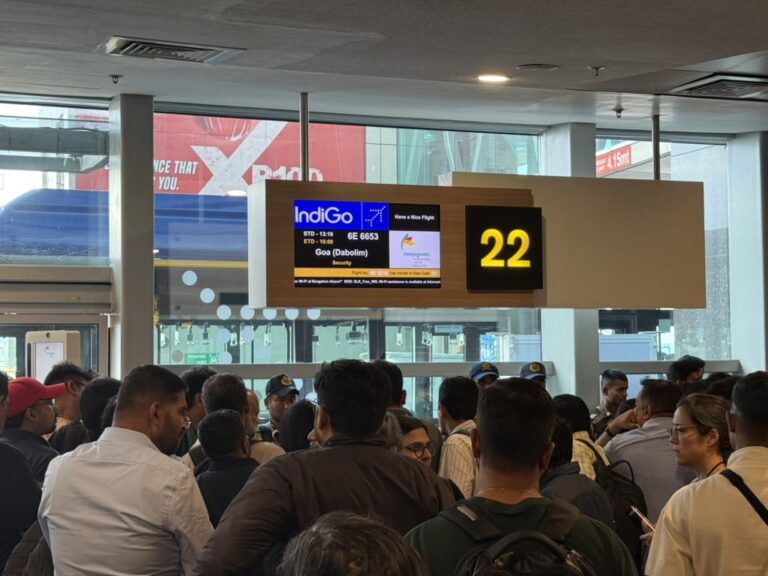
Don’t tinker with the existing age of consent under the POCSO Act: Law Commission
New Delhi: The 22nd Law Commission has said it is of the considered view that registration of e-FIR is enabled in a phased manner, beginning with offences bearing a punishment of up to three years imprisonment.
The Commission also advised the Ministry of Law and Justice not to tinker with the existing age of consent under the ‘Protection of Children from Sexual Offences Act, 2012’ (POCSO Act).
With regard to the feasibility of amending Section 154 of the Code of Criminal Procedure, 1973, to enable online registration of FIR, the Commission received a reference from the Ministry of Home Affairs in June 2018.
In view of the above, the Commission took up the reference and undertook a comprehensive study of the law relating to the online registration of FIRs and its working in India, tracing its genesis and development in the digital era. The Commission also analyzed the history of the registration of FIRs, both in colonial and independent India and the various pronouncements of the Supreme Court and the High Courts on the subject matter. Additionally, the 22nd Law Commission also held extensive consultations with entities involved in policing reforms, namely, the National Crime Records Bureau and the Bureau of Police Research and Development. Further, the Commission also held wide-ranging consultations with academicians, advocates, and senior police officers.
The Commission examined the reference and submitted its Report No. 282 titled “Amendment in Section 154 of the Code of Criminal Procedure, 1973, for Enabling Online Registration of FIR”, to the Ministry of Law & Justice, Department of Legal Affairs, on September 27, 2023.

Regarding the POCSO Act, the Law Commission received a reference from the High Court of Karnataka (Dharwad Bench), on November 9, 2022, which asked the Commission to rethink the age criteria for consent, taking into consideration the rising number of cases relating to minor girls above the age of 16 years falling in love, eloping and having sexual intercourse with the boy, thereby attracting the provisions of the POCSO Act and/or the Indian Penal Code, 1860.
The Commission was also in receipt of a reference from the High Court of Madhya Pradesh (Gwalior Bench), vide letter dated April 19, 2023, wherein the Court had drawn the Commission’s attention to how the enforcement of the POCSO Act, in its present form, causes gross injustice in cases of statutory rape where de facto consent is present. The Court further requested the Commission to suggest an amendment to the POCSO Act, vesting discretionary power in the Special Judge to not impose the statutory minimum sentence in cases where de facto consent was apparent on the part of the girl child or where such a relationship had culminated in marriage, with or without children.
The Law Commission, after a “careful review” of existing child protection laws, and various judgements and considering the maladies of child abuse, child trafficking and child prostitution that plague society, advised against tinkering with the existing age of consent under the POCSO Act.
“However, having cautiously considered all the views and suggestions furnished in this regard, the Commission considers it necessary that certain amendments need to be brought in the POCSO Act to remedy the situation in cases wherein there is tacit approval in fact though not consent in law on part of the child aged between 16 to 18 years. This is so because in our considered opinion, such cases do not merit to be dealt with the same severity as the cases that were ideally imagined to fall under the POCSO Act,” the Commission stated. It, therefore, deemed it fit to introduce guided judicial discretion in the matter of sentencing in such cases.
“This will ensure that the law is balanced, thus safeguarding the best interests of the child. Accordingly, Report No. 283 titled “Age of Consent under the Protection of Children from Sexual Offences Act, 2012” was submitted to the Ministry of Law and Justice, Department of Legal Affairs, on September 27, 2023.
– global bihari bureau





